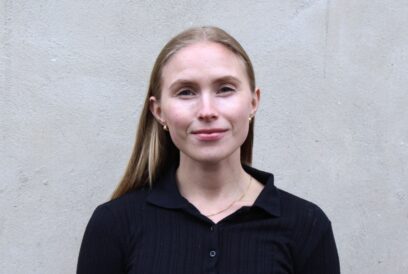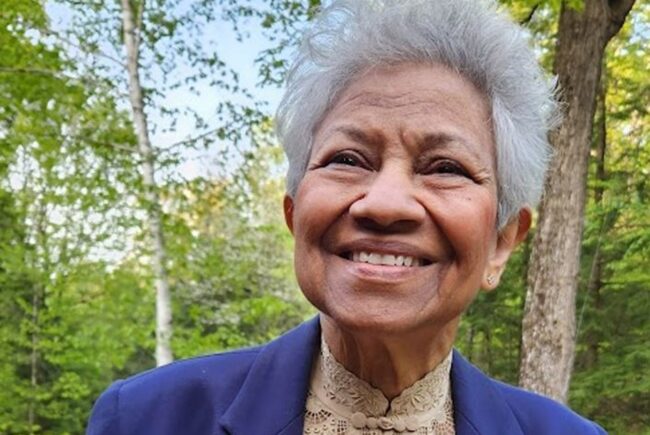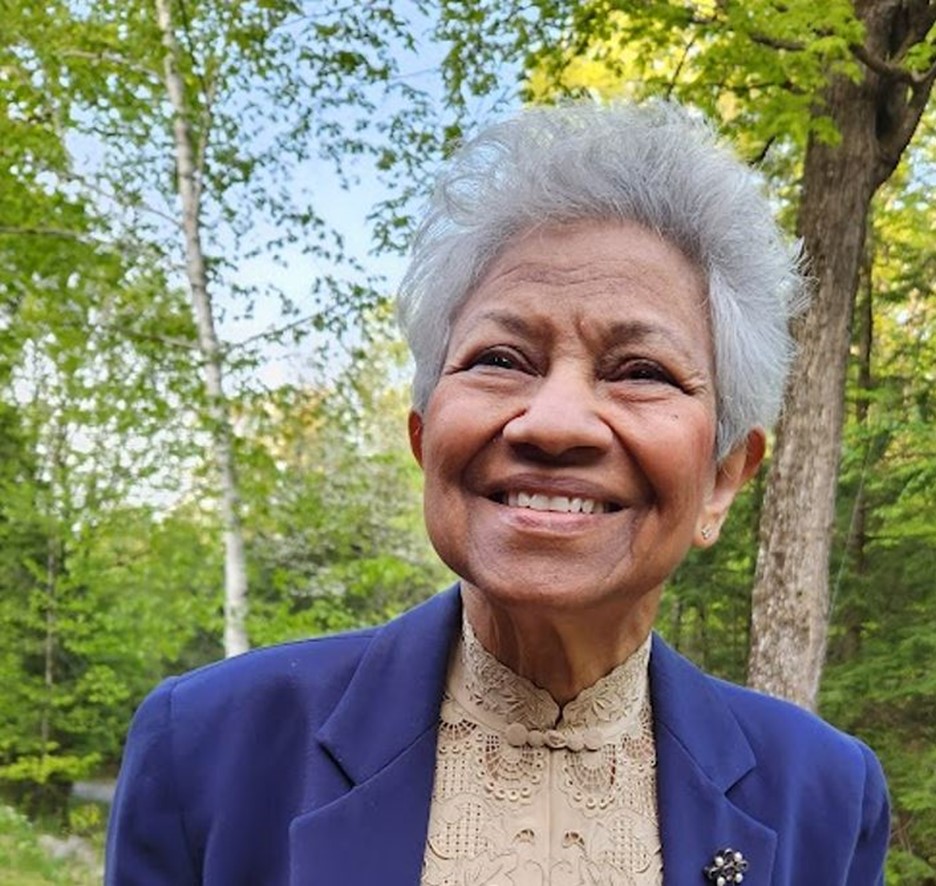

“The Covid years taught us that continuous learning is necessary for successful living,” says Satya Brink. Photo: Satya Brink.
“The Covid years taught us that continuous learning is necessary for successful living,” says Satya Brink. Photo: Satya Brink.
In ELM’s "I argue" series, Dr. Satya Brink, a Canadian researcher, states that the negative social impacts of the Covid years on disadvantaged and older adults could have been mitigated by lifelong learning.
The Covid pandemic years were hard for everyone. In the developed world, disadvantaged and older adults were impacted the most. This is a consequence that could have been mitigated by lifelong learning.
Older and disadvantaged adults were vulnerable to the disease but the protocols for their protection led to physical, mental, emotional, social and financial consequences for them. The majority of deaths were among people aged 65 and older. The elderly, disadvantaged and people in care institutions lacked proper care and were isolated from their families. Those living alone lacked social contacts and home care services, which led to loneliness, depression and mental illness.
Many living in the community could not cope with restrictions or adopt new ways to access evolving medical and financial information or the essentials of life. These adults found themselves outside the education system, communication networks, knowledge flow and technological solutions. Many were uninformed and unprepared for the impacts.
Skills to access evolving knowledge were essential to cope during the Covid years.
However, society expected such individuals to manage independently, though they lacked the skills or knowledge to do so. The unique needs of this population were not addressed. For instance, many were not technically savvy enough to shop online, participate in online learning or use Zoom or Facetime for social interaction. Disadvantaged adults did not have digital gadgets or smartphones, or others did not know how to use them well.
COVID WAS A NEW illness, and the pandemic was one of several complex worldwide issues such as climate change and population aging. Early education was necessary but not sufficient for successful living. Learning must cover the breadth of citizen needs during a growing lifespan of 100 years or more.
In a worldwide knowledge-based economy, it is important to have greater numbers of knowledgeable, experienced adults and older people living healthier and productive lives over a longer lifetime. Sustainable development is not possible if a quarter of the population does not understand the existential threat of climate change and does not change their behaviour to preserve the world. Technology is evolving at an exponential rate and skills must be learned to survive in a digital environment through a longer life.
Lifelong learning is a life-supporting activity, more so in challenging times.
Because it shows that a large proportion of people are unprepared for these impacts, it is evident that learning and aging are not limited to certain ages. We need a fundamental shift in mindset that accepts that people age every day and should learn through life. All-ages-thinking and the idea of lifelong development are essential for both individuals and society.
IN CONCLUSION, lifelong learning is a continuous relationship with constantly increasing knowledge in a changing world. It is essential to understand the demands of the evolving conditions of life. It is a lifelong intergenerational activity that is important at every age, resulting in knowledge and knowhow for human development, both individually and collectively.
- Initial education should provide a base of knowledge and the skills to learn through life.
- Lifelong learning is a framework for all types of learning. Choices, alone or in combination, include self-directed learning, classroom learning, group learning, online learning and peer learning.
- Learning flows from people who know – or who know how to find out – to those who need and want to know, regardless of age.
- Lifelong learning provides multiple benefits such as knowledge accumulation, adaptive competence, mental health and social belonging, enabling empowerment and resilience for a successful life.
The “I argue” series of columns features texts written by researchers, each presenting a well-argued statement on a topic of their research.
References:
Brink, S. (2022). 75 years and over in the middle of the Covid-19 Pandemic. Social Canada, October 5, 2020 https://socialcanada.org/2020/10/07/75-years-and-over-in-the-middle-of-the-covid-19-pandemic/
Brink, S. (2023). The Longevity Dividend – Later Life, Lifelong Learning and Productive Societies. Springer.
Author







